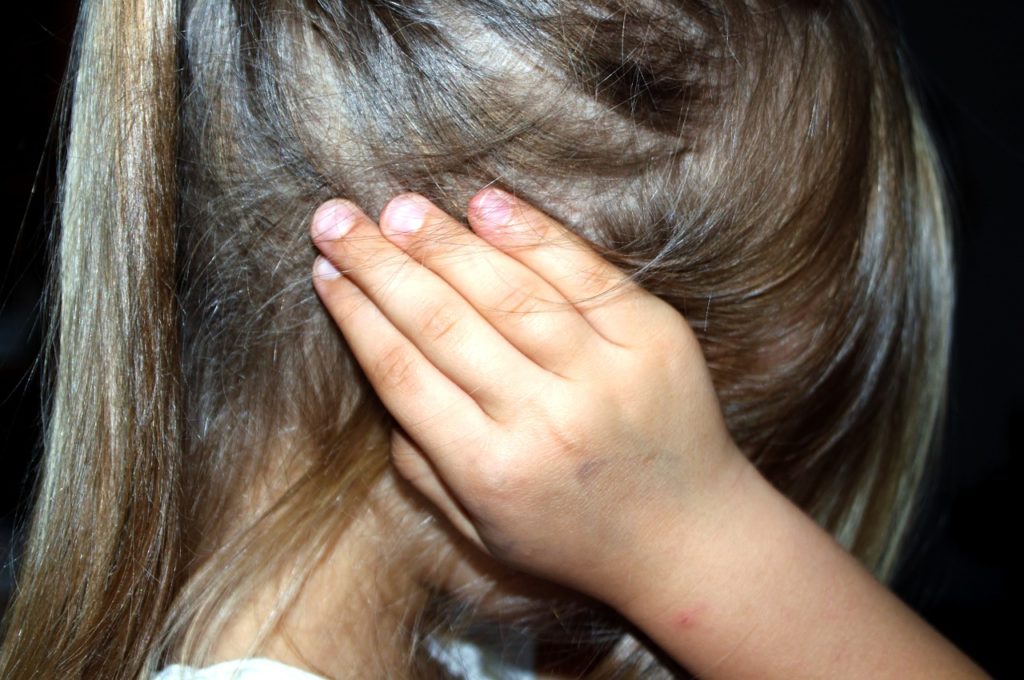
Anxiety – An Overview for Parents
What is anxiety?
An inherent response to a perceived threat is anxiety, and normal levels of anxiety can assist people to solve problems more efficiently and to be motivated and more focused. Everybody experiences anxiety sometimes, especially when faced with stressful, dangerous or unfamiliar situations. Most of the anxiety that young people and children feel is relatively mild.
Children usually, prior to about age eight, do not engage in anticipatory anxiety which involves worrying hours, days or perhaps weeks ahead of an event or situation. They worry about different things, as they age, such as getting hurt or sick, and later as teenagers they worry about things like family relationships or war.
Chronic anxiety or even high levels of anxiety can reduce your child’s capacity to respond effectively or appropriately to stressful situations, or even normal routine activities. A highly anxious person for example may experience constant physical feelings of panic and may seek to avoid:
- being alone
- going to school
- talking in front of a group
If a child is compliant and quiet, anxiety symptoms may be overlooked. As a result, they may not receive the support and help they need, which may lead to problems with anxiety in adolescence and adulthood. Commonly, anxiety co-occurs with other disorders such as eating disorders, attention-deficit/hyperactivity disorder and depression.
One of the most common types of mental health concerns for young people and children are anxiety disorders. If symptoms of anxiety have become chronic and entrenched, an anxiety disorder may develop with the risk of long-term impacts including:
- poorly performing in school
- missing out on important social experiences
- relationship problems and experiencing depression
- engaging in substance abuse
Your child may be suffering from an anxiety disorder if anxiety starts to disrupt their daily life.

Things parents can do
The following steps can assist you to help your child with anxiety:
Encourage them to talk about their anxiety – Ask them what their biggest worry is, and share the things that as a child you were anxious about.
Encourage good eating (reduce high sugar, caffeinated drinks and foods), hobbies, regular exercise, connection with friends and sufficient sleep. When young people are relaxed and well-rested, they will be in a better mental state to handle worries or fears.
Let your children and young people know they can call you for support if needed. This will make them feel less anxious about the future.
Teach your child about anxiety and its purpose – Explain the physical changes in the human body when danger is perceived (rapid heartbeat, blood to extremities, sweaty hands, shallow breathing etc.). By explaining these you are helping to normalize anxiety as well as assisting your child to understand and identify the way their own body reacts when anxious.
